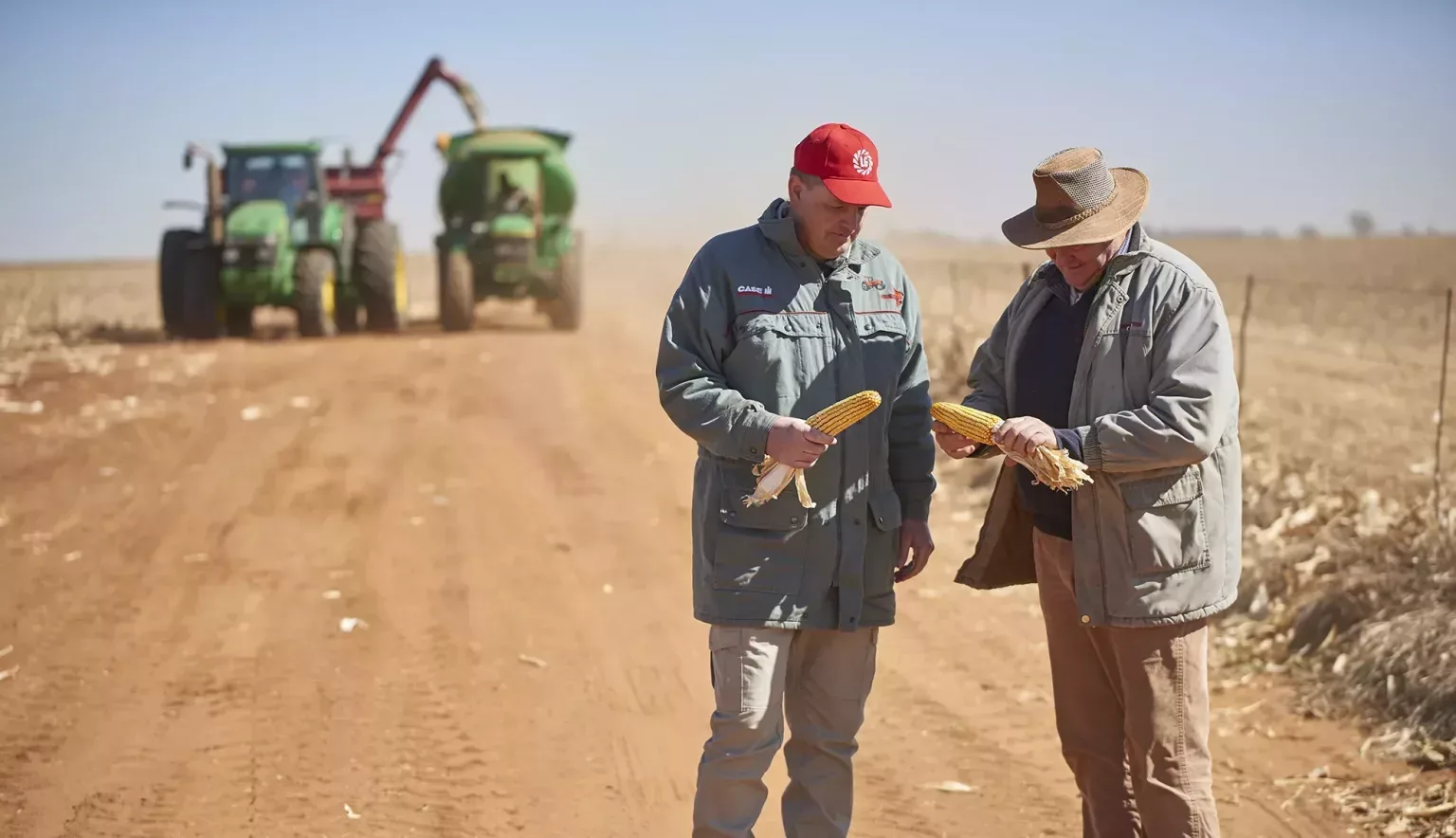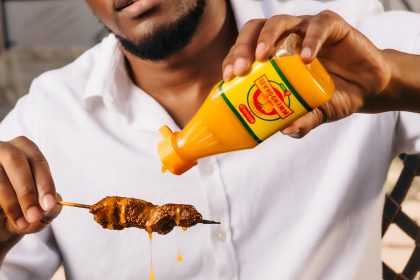Limagrain Zaad South Africa is a collaborative new venture aiming to provide high quality seed to farmers across the country.
INTRODUCTION
With many African countries reliant on imported food, governments, NGOs and private organisations are seeking to increase agricultural production within the country.
Although the sector has vast potential – Sub-Saharan Africa has the highest area of uncultivated land in the world, for example – this has not yet been capitalised on. According to a report by the Food and Agricultural Organisation, around 220 million people in Sub-Saharan Africa are suffering from chronic undernourishment and hunger. Much of the sector is still mired in subsistence production, with farmers in Africa facing many challenges, including desertification and a lack of transport infrastructure.
Poor quality seed is another. According to research conducted by Wageningen University, farmers in Africa lose up to half their anticipated yield due to poor quality seed. There is even ‘fake seed’ on the market, where seeds are mixed with grain and stored in packets which copy the logos of reputable companies.
But one company wants to change all that and help increase food security on the African continent.
Limagrain Zaad South Africa was created in July 2020, a joint venture between three of South Africa’s leading agricultural seed companies: Link Seed (Group Limagrain), Klein Karoo Seed Marketing or K2 (Zaad Group), and Seed Co South Africa, part of the largest seed company on the continent. Eugene Muller was asked to lead the merger and become Managing Director of the new venture.
“We have created one company providing a competitive multi-crop alternative for farmers in southern Africa – with a specific focus on South Africa, Eswatini, Namibia and Lesotho. This joint venture will constitute a major player in South Africa, proposing a specific multi-crop approach and benefiting from critical mass in an already highly consolidated field seed market,” he says.
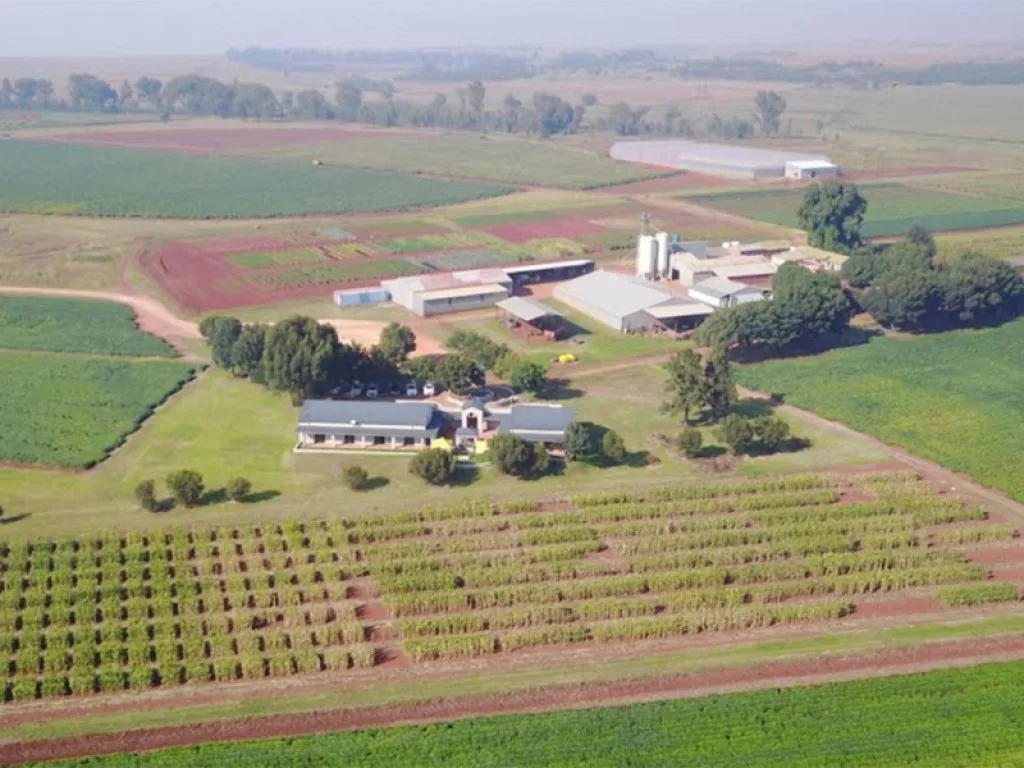
CREATING BENEFITS FOR FARMERS
Limagrain Zaad South Africa is headquartered in Greytown and operates processing plants here and in Bethal.
It has research stations in Potchefstroom and Bapsfontein and a solid network of distribution depots across the country, including many of South Africa’s cooperatives. It has around 300 staff spread across its sites, and sells to around 2,000 customers, the vast majority of whom are farmers.
It focuses on breeding seeds from a limited range of crops, including maize and soybeans. It also sources, produces, processes and distributes a portfolio that includes all agronomic and pasture seeds commonly used in the region.
The MD believes that Limagrain’s values and vision help differentiate it from other South African seed suppliers.
“Most importantly, our controlling shareholder Limagrain is a French Cooperative. This means the group ultimately gets its direction from farmers and has intimate knowledge and understanding of what farmers really need. In a sense you could say the business is owned and directed by farmers and is not a typical corporate agri-business,” he explains.
Limagrain is both an agricultural cooperative and international seed company, rooted in three core values: progress, perseverance, and cooperation. It provides farmers worldwide with innovative seed solutions based on plant genetics – helping create crops which are more resistant to pests and droughts, for example – which in turn improves the performance of agricultural systems.
But Muller is also keen to emphasise that the other companies involved in the merger – Zaad’s K2 and Seed Co – also bring their own expertise to the merger.
“By embracing the brands’ individual benefits and positioning them strategically, we create customer choice and a unique marketing opportunity for Limagrain Zaad South Africa,” the MD says.
A second distinguishing characteristic of the company is that while most multinationals focus only on selected crops, Limagrain Zaad South Africa intends to carve out a niche as a supplier with a multi-crop offering to farmers while heavily investing in research and development (R&D).
“Our local R&D activities will be managed as part of Limagrain’s global R&D programmes. This should benefit our farmers and our business significantly in the medium to long term, as we are now part of a seed business that invests around 15 percent of total turnover from seed sales back into R&D,” Muller says.
“The R&D conducted in South Africa will be almost double that which was done historically and will be much more effective and focused in the long run. We are therefore looking forward to improved genetics that we will have available as part of our offering to farmers, as this makes a significant difference on the farm.”
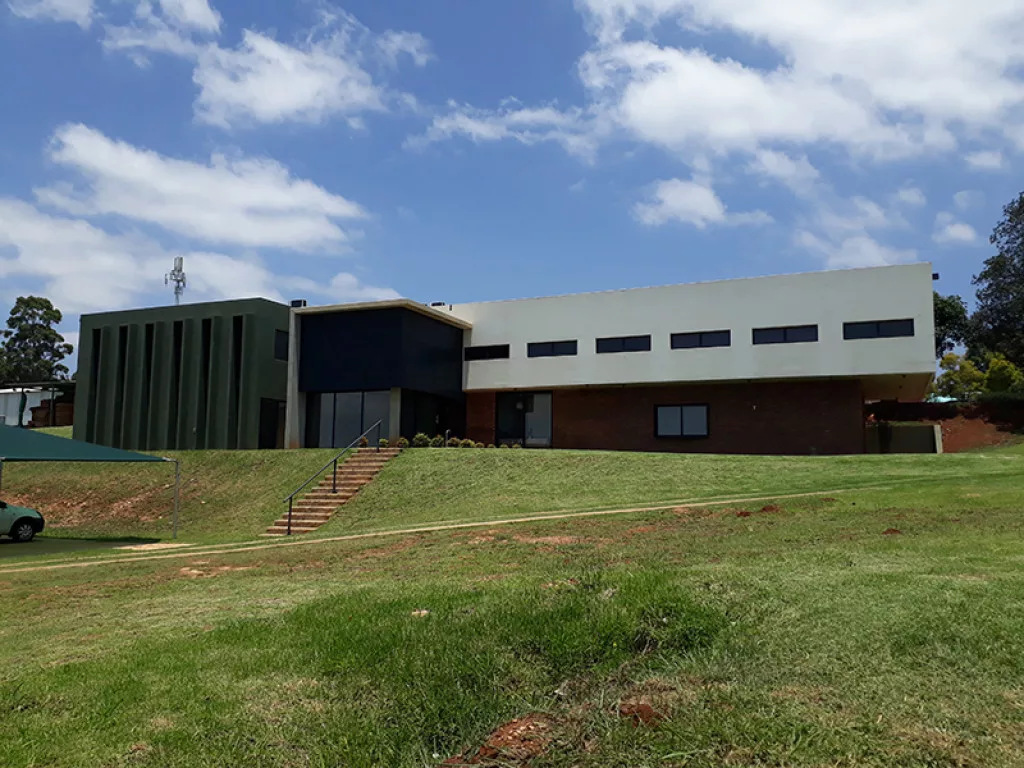
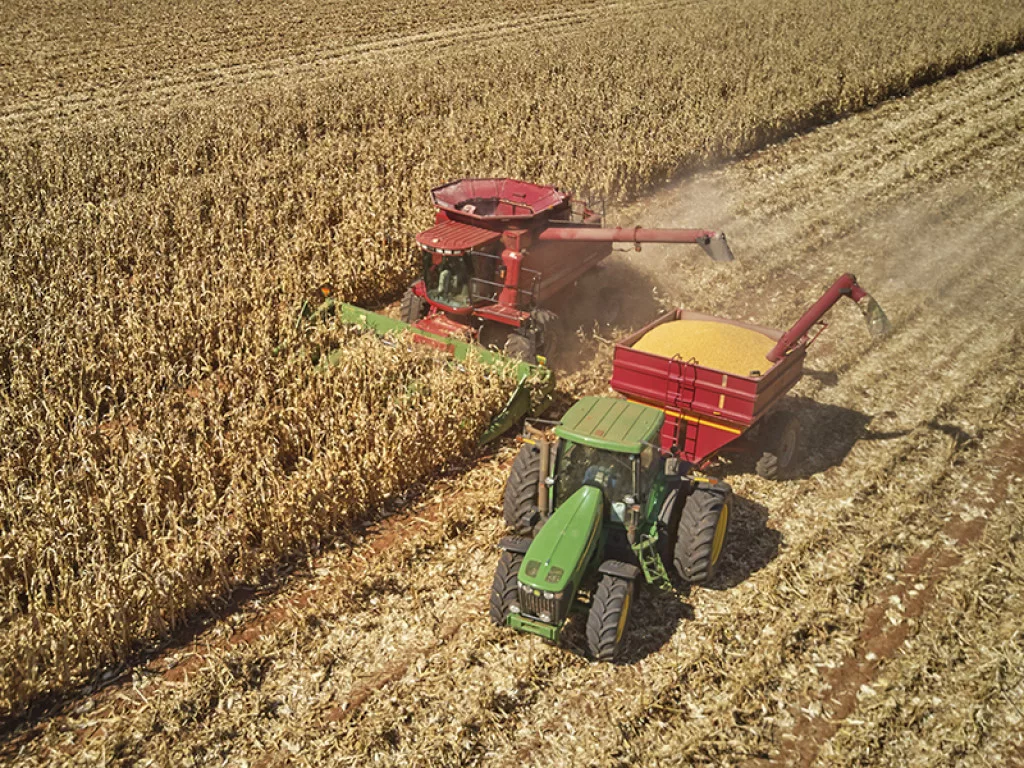
COMPASSION AND COLLABORATION
Limagrain is also accustomed to building and maintaining long-term partnerships, expertise which Muller and his team intend to capitalise on. The Managing Director believes that relationships with partners and suppliers are critical to the success of the business.
“We have long-standing relationships with suppliers of seed into crops where we do not do our own breeding,” he explains.
“These relationships ensure that we can continue to provide a full portfolio of products to our clients. Some of these suppliers have also stood by us (as companies forming part of the JV) and supported us with payment terms and more at times when things were tough. We therefore cherish these relationships and only intend to grow with our partners.”
The company also has relationships with agricultural cooperatives across South Africa, which makes up an important aspect of its overall distribution network and ensures seed can be provided to its clients on time. This distribution network extends beyond South Africa’s borders, enabling it to provide its critical services to farmers in other countries.
Collaboration is an ethos that extends beyond establishing a distribution network to compassionately supporting local farming communities, something the company feels passionately about.
“We support various players that are focused on mentoring emerging farmers and at times also make the produce from trials available as food support to the communities in which we operate, rather than delivering that as grain and earning an income from it,” Muller says.
The conversation concludes optimistically, with Muller outlining ambitious targets to service around 10 percent of the maize seed market, 20 percent of the soybean and sunflower seed market and 25 percent of the forage seed market. This, he believes, is best achieved through a continued collaborative approach.
“Our goal for this year is to ensure we operate as one team, allowing everyone to be able to contribute – we believe we will be stronger together and we need to focus on what our clients really need from us,” he concludes.



